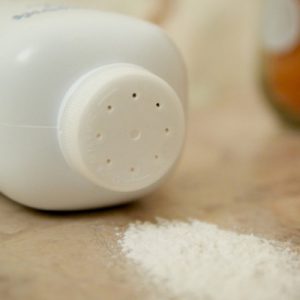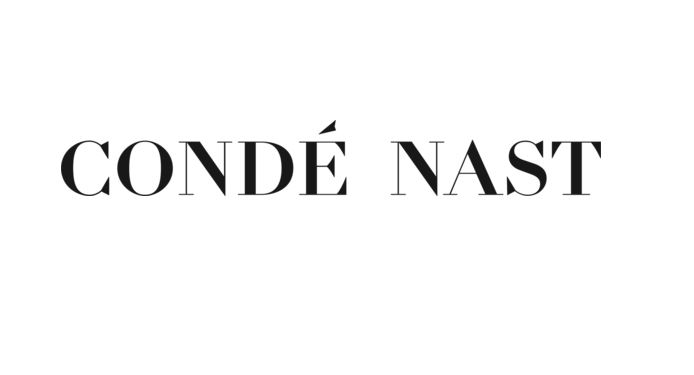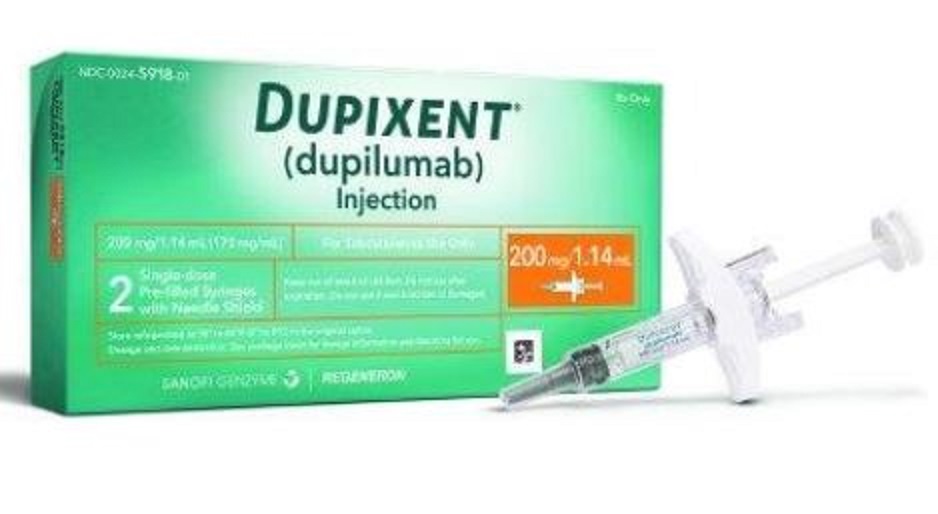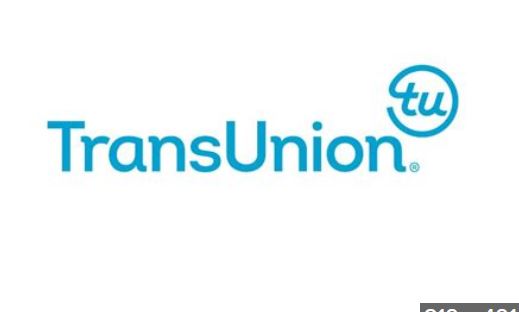Talcum Powder Lawsuits

Thousands of women throughout the United States may have developed ovarian cancer from side effects of talcum powder. Lawsuits are being investigated over allegedly inadequate warnings provided by manufacturers who sell talcum-based products under various different names, including Baby Powder, Body Powder and Talc Powder.
STATUS OF TALC POWDER LAWSUITS Product liability lawyers are reviewing potential talcum powder ovarian cancer lawsuits for women throughout the United States. Several cases have already been successful at trial against Johnson & Johnson over failure to warn about the risk of ovarian cancer, with one resulting in a $4.7 billion verdict.
>>CONTACT A LAWYER ABOUT A TALC POWDER INJURY<<
OVERVIEW: Talcum powder is derived from talc, which is a hydrated magnesium silicate. It is used for a multitude of purposes and is in many, if not most, U.S. households in some form or another.
While it is most commonly known as Baby Powder, used to prevent or treat rashes, many women also talc powder for personal hygiene and cosmetics. As a result, many different products are also marketed as body powder, such as “Shower to Shower” and other brand names.
Talc contained in many of these powders is a mineral composed of hydrated magnesium silicate. While talc powder is generally recognized as safe, it may pose serious and potentially life-threatening health concerns when used for feminine hygiene.
TALC POWDER OVARIAN CANCER RISKS: Concerns over the potential link between talcum powder and ovarian cancer has been suspected for decades. However, the manufacturers have sold talc body powder as a safe product, withholding important safety information from consumers.
As early as 1971, researchers found talc embedded in 75% of all ovarian tumors researchers studied. In addition, several studies and reports have confirmed that talc applied to a woman’s genital area may travel through the vagina and into the uterus, fallopian tubes and ovaries.
In June 2013, a study published in the medical journal Cancer Prevention Research found that women who used talcum body powder as a feminine hygiene produce may face a 20% to 30% greater risk of ovarian cancer compared to those who do not apply talc.
As a result of Johnson & Johnson’s and other manufacturers’ failure to disclose the potential ovarian cancer risks women may face, financial compensation may be available through a talcum powder lawsuit or settlement.
In October 2013, a South Dakota jury determined that Johnson & Johnson failed to adequately warn women about the risk of ovarian cancer from body powder. The trial involved a 56 year old woman diagnosed with ovarian cancer in 2006, after using Johnson & Johnson Shower-to-Shower talc powder. Three doctors who examined her cancer tissue found talc in the tissue using an electron microscope, and determined that her cancer was caused by the body powder.
According to testimony offered by one expert during that trial, it is estimated that 10,000 cases of ovarian cancer may be caused by talcum powder each year.
In February 2016, a jury awarded $72 million in damages to the family of a woman who died from ovarian cancer, and a separate jury awarded $55 million in another talc ovarian cancer in May 2016, involving a woman who developed ovarian cancer following decades of using the popular products. Another verdict of $70 million in damages was awarded in October 2016 in a similar case. A verdict in May in yet another case resulted in $110 million in damages. However, the largest verdict was handed down in August 2017 by a California jury, who hit Johnson & Johnson with a $417 million verdict. That verdict has since been overturned and a new trial ordered.
In February 2017, Johnson & Johnson won its first defense verdict.and in June 2017 another case was declared a mistrial following a Supreme Court decision limiting plaintiffs’ options for filing in state courts. Another California jury awarded a woman $29 million in March 2019.
However, the largest decision came in August 2018, when a group of 22 women were awarded $4.7 billion, in a verdict that was later upheld based on the amount of evidence indicating the company knew about the risks of ovarian cancer but failed to warn women or doctors for decades.
In early 2019, Johnson & Johnson settled three cases that were headed for trial, but has yet to announce efforts to reach a global settlement. That was followed by a $325 million verdict against Johnson & Johnson in New York’s so-called “asbestos court.”
In addition to ovarian cancer, several recent studies have suggested that talcum powder may have similar effects to asbestos and could cause mesothelioma. A November 2018 report indicated that internal memos within Johnson & Johnson revealed the company knew about the potential asbestos problem since at least the 1950s.
On October 18, the FDA announced it had discovered asbestos in Johnson’s Baby Powder, resulting in a recall of 33,000 bottles sold at major pharmacies nationwide. It is the first recall in the product’s history, according to Johnson & Johnson.
Johnson & Johnson now reportedly faces a federal criminal probe into what it knew about talcum powder asbestos contamination.
FIND OUT IF YOU MAY QUALIFY FOR A TALC POWDER OVARIAN CANCER SETTLEMENT: Free consultations and claim evaluations are provided by talcum powder lawyers for women throughout the United States who have been diagnosed with ovarian cancer.









